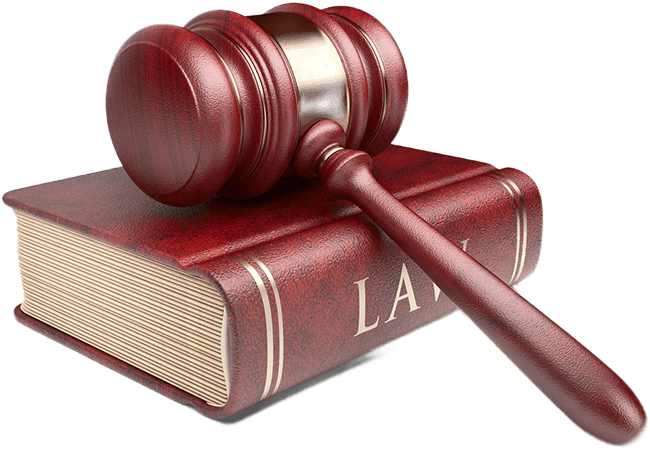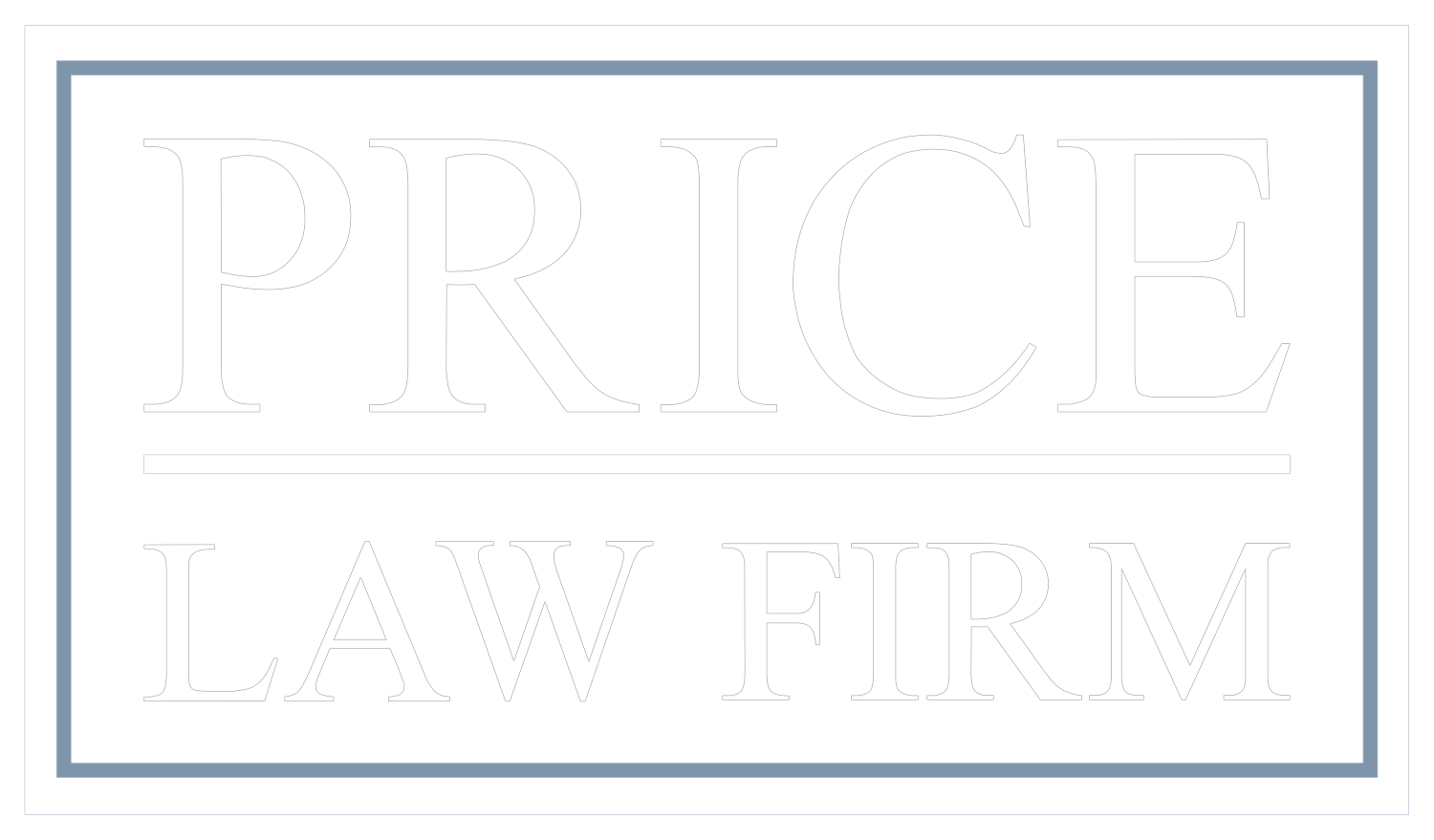
A Tenant’s Right to Recover Legal Fees is Expanded

Practicing in the field of landlord-tenant law is unique in that the losing party will often have to pay the prevailing party an award of its reasonable legal fees. In England there is a rule (called the English Rule) that provides that the losing party to litigation will have to pay the prevailing party its legal fees. The English Rule makes potential litigants less likely to go to Court for fear of the monetary consequences should the lawsuit be unsuccessful.
In the United States we have a rule (called the American Rule) that provides that the losing party to litigation never has to pay the prevailing party its reasonable legal fees unless there is a contract between the parties or a statute that specifically provides for such an award. In the field of landlord-tenant law there is often a contract with a valid and enforceable legal fees clause – the lease.
New York Statute Allows Tenants to Recoup Legal Fees
A legal fees clause found in a residential lease will almost certainly be written in a one-sided manner, stating that in the event of a tenant’s default that the tenant will be liable for paying the landlord’s legal fees. New York State enacted a statute (Real Property Law 234) which provides in relevant part that whenever a clause in a residential lease would cause legal fees to be awarded from the tenant to the landlord that there is implied reciprocity and that such fees can also be awarded from the landlord to the tenant.
That the losing party in many landlord-tenant cases has to pay legal fees to the winner can make cases more difficult to settle. The stakes become much higher than would otherwise be the case. Some cases are litigated to the end simply because of the legal fees burden that has been incurred.
As a result, an extensive thread of cases has been decided where the only issue presented concerns legal fees. Did one party actually prevail? Does the lease provide for legal fees in the situation presented? How reasonable are the legal fees sought.
Holdover Proceeding Decision Expands Tenant’s Right to Recover Legal Fees
One area that has seen inconsistent results is in the fights over whether a lease clause pertains to a particular situation. The Appellate Division, First Department, decided a case this week that resolves a dispute over a particular lease clause and expands the amount of cases for which a tenant can be awarded legal fees for successfully defending a holdover proceeding started by a landlord. Graham Court Owners Corp. v. Taylor (1st Dept. 2014).
If a landlord and a tenant want to agree at the inception of a tenancy that the losing party will pay the prevailing party its legal fees in any lawsuit that arises out of the terms and conditions of the lease one would think it would be pretty simple to do so. Unfortunately, many of the leases over which landlords and tenants do battle have vague language on the subject. From time to time courts weigh in on whether a lease clause actually applies to the situation at hand.
In the Taylor case, a landlord appears to have set out on a quite mission to deprive his rent stabilized tenant of his rights under the rent stabilization code:
-
First, the landlord pretended that the apartment was not subject to rent stabilization and massively overcharged the tenant. The landlord and the tenant litigated that issue through the courts with the tenant entirely prevailing.
-
Second, the landlord then sued to evict the tenant from the rent stabilized apartment over renovations made to the apartment by the tenant that were made with the landlord’s express permission, supervision, and then sign-off.
The eviction proceeding was in the form of a summary holdover proceeding. The tenant thoroughly and completely won the eviction proceeding with the Housing Court Judge finding that the landlord lied at trial. At that point the tenant sought an award of his reasonable legal fees as the prevailing party. The Housing Court determined that the lease clause did not support an award of legal fees to the tenant. The Appellate Division modified the decision and awarded legal fees to the tenant based upon the lease clause and the plain language of Real Property Law 234.
As a threshold matter and in discussing Real Property Law 234, the Appellate Division held,
“The overriding purpose of the statute is to provide a level playing field between landlords and tenants, by creating a mutual obligation that is an incentive to resolve disputes quickly and without undue expense.”
The Appellate Division then went through the lease itself and as it traveled from section to section tracking the landlord’s basis for commencing the lawsuit, the Court reached the following section:
“[a]ny rent received by Landlord for the re-renting shall be used first to pay Landlord’s expenses and second to pay any amounts Tenant owes under this Lease. Landlord’s expenses include the costs of getting possession and re-renting the Apartment, including, but not only reasonable legal fees.”
The landlord argued that this clause has nothing to do with an eviction proceeding grounded upon incorrect allegations of unauthorized alterations. The Appellate Division explained that because the lease clause provided that any money received would be used to pay the landlord’s expenses – including legal fees – that the lease clause fit into the statutory scheme.
A New Precedent for Prevailing Tenants
Prior to the decision in Taylor there was case-law that seemed to support the concept that legal fees clauses like the one printed above didn’t support an award of legal fees to a prevailing tenant. The Taylor decision (which could end up at the Court of Appeals) has ended that debate. This common legal fees clause will support an award of legal fees to a tenant who prevails in a holdover proceeding.
Don’t leave your legal matters to chance. SCHEDULE A CONSULTATION OR CALL US AT (212) 675-1125 for a personalized consultation and let our experts guide you through every step of the process.
Joshua Clinton Price
Founder of The Price Law Firm LLC
Josh Price is a lawyer who is sought by clients with complicated cases because of his extensive knowledge of the law and his ability to help the law evolve.
Search an article
Contact Us for a
FREE Consultation
Blog (Website Form)

Facing a real estate issue?
Contact us to schedule a consultation and get expert legal advice tailored to your specific needs and circumstances.
OR CALL US NOW AT:
SHARE THIS ARTICLE:
Recent Posts
Get Expert Legal Advice











